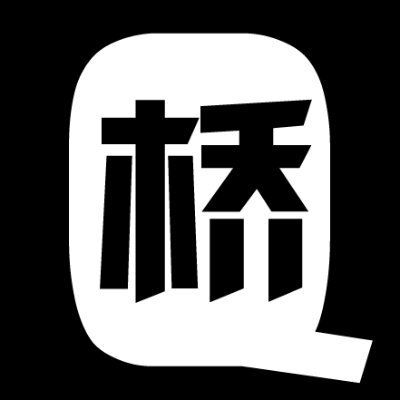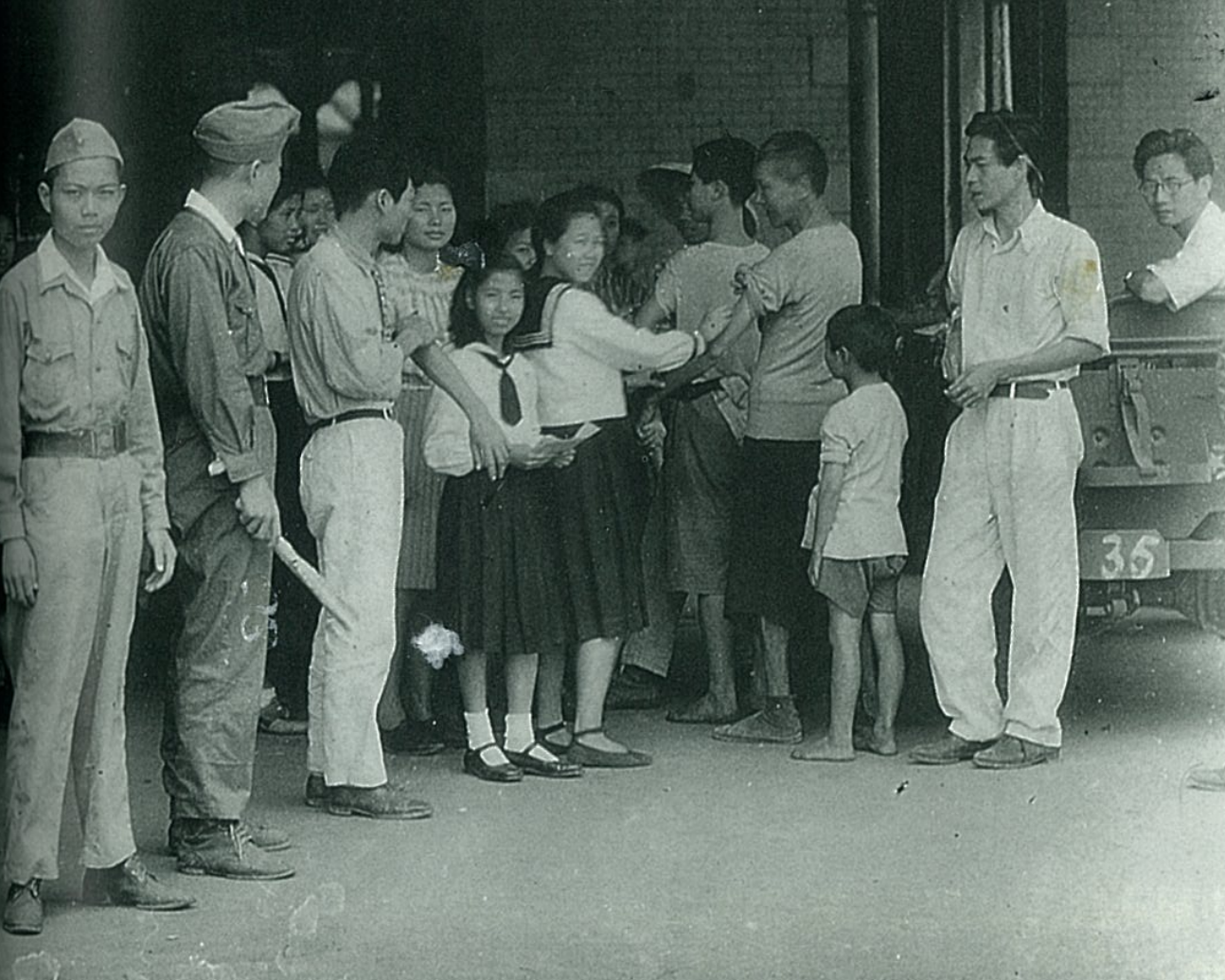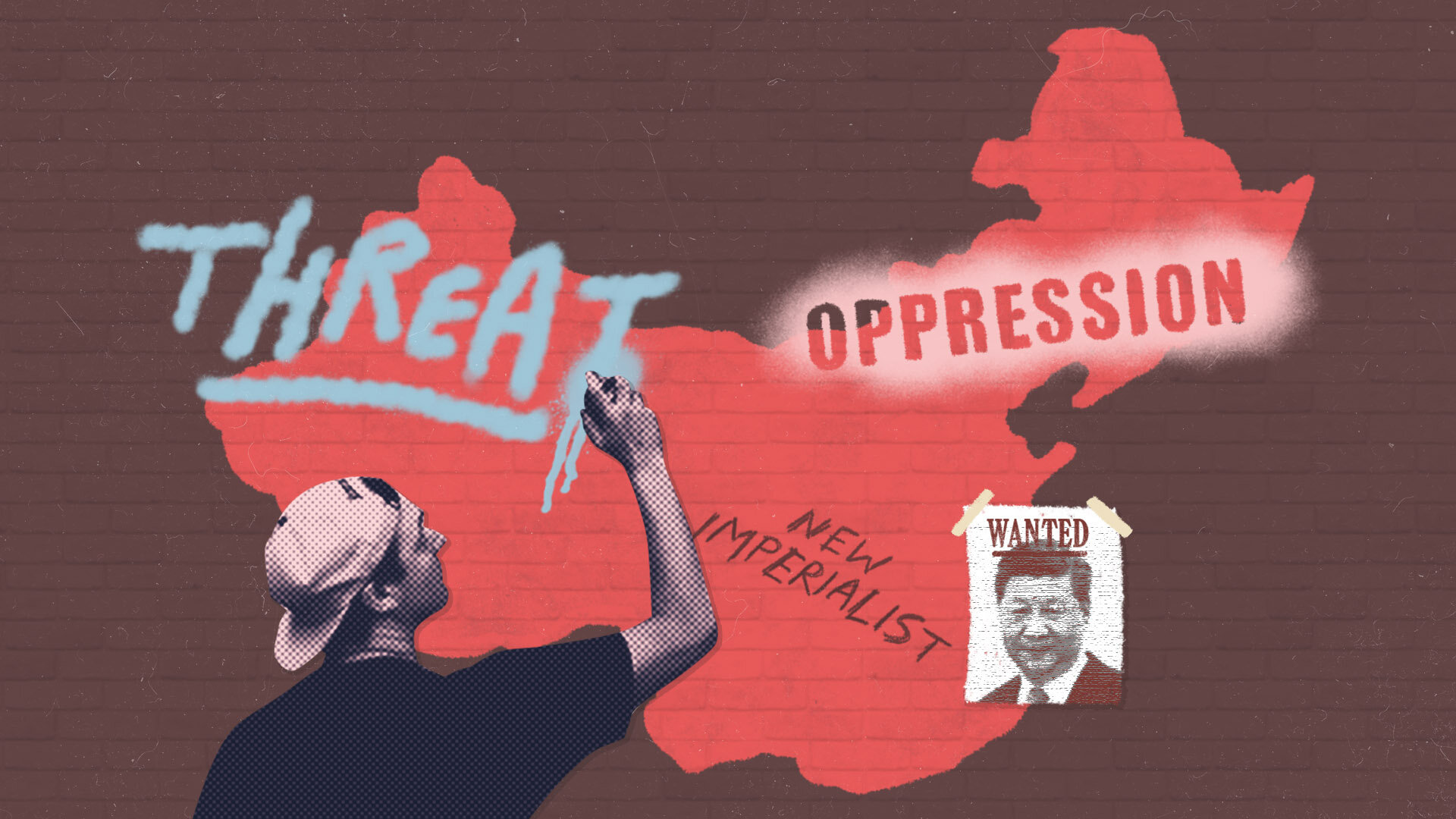Shattering the Iron Wall
Qiao Collective is pleased to present an original translation of a video essay by Chinese political analyst Jianghuqizi (江湖弃子), exploring in detail the dialectic of colonial counterinsurgency, collaboration, and anti-colonial resistance through martyred Hamas leader Yahya Sinwar’s semi-autobiographical novel The Thorn and the Carnation and its many parallels with China’s War of Resistance against Japan.
The Gates of the Great Continent: Palestine, China, and the War for Humanity’s Future
As Israel’s genocidal war on Gaza enters its sixth month, Qiao Collective presents an urgent intervention from Charles Xu on the Palestinian resistance and the place of China, its people, and their revolutionary legacy in the global solidarity movement.
A Beautiful Century
This translation of Lan Bozhou’s groundbreaking 1987 narrative interview of two survivors of the White Terror provides a deeply personal look into the period of martial law and mass anti-communist violence in Taiwan. Lan traces the history of Chinese nationalism and anti-imperialism—and its suppression by the KMT—in Taiwan through the biography of Dr. Guo Xiucong, a martyr of Taiwan’s martial law period.
Beijing 2022 and China’s Challenge to Sports Imperialism
With the 2022 Winter Olympics about to open in Beijing, China finds itself in the crosshairs of multiple Western propaganda offensives. We take on the underlying hypocrisy of these narratives and unpack the history of China’s long struggle against Euro-American hegemony in the deeply imperialized domain of international sport.
This is a Great Struggle
Reflecting on Chinese company Lenovo’s controversial decision to back a U.S. 5G system standard in 2016, Chen Xianyi passionately describes a resurgent socialist ethos, encapsulated in the CPC’s call for common prosperity and the masses’ growing insistence on the role private capital must play in China’s socialist construction.
The Revival of Capital and the Left Turn of the Mental Laborer
Originally anonymously published on Zuoyi23’s WeChat and Zhihu pages, this essay explores the rise and fall of the capitalist class in China. The author takes a critical look at how the relationship between the state and capital continues to shape the relationship between the capitalist and working classes in China—and how young workers are returning to Marxist critique to shape the future.
Our Comments to The Nation
In light of the selective reporting of The Nation’s recent article on China and the U.S. left, we have published our full comments as an invitation for readers to engage our work on its own terms.
Can The Chinese Diaspora Speak?
The political speech of the Chinese diaspora has a long history as a site of critique and co-optation by U.S empire and its enabling discourses. Amidst a new apex in Cold War Sinophobia, we trace the discursive circumscription of “overseas Chinese” as a political category, from Qing-era anti-colonialism to 20th century Cold War liberalism and beyond.
Reflections on the Communist Party of China’s Centenary
On the occasion of the 100 year anniversary of the Communist Party of China’s founding, we share comments solicited from our Weibo followers reflecting on the historic juncture.
India’s COVID-19 Crisis: A Call for People’s Unity
Chinese blogger 红色卫士 (Red Defender) criticizes displays of national chauvinism during India’s COVID-19 pandemic, declaring the need for both critique of the right-wing Modi regime and solidarity with the working class and low-caste peoples who suffer most under this reactionary government.
Why China’s Vaccine Internationalism Matters
As rich nations stockpile COVID-19 vaccines, China is providing a lifeline to Global South nations spurned by Western pharmaceuticals and excluded by the West’s neocolonial vaccine nationalism. So why is China being smeared for its efforts?
Assimilation and Empire
Reflecting on the spur of anti-Asian racism this past year, Chinese Canadian writer Xin interrogates the renewed enthusiasm for representational politics in North American discourse. This deceptive liberal schema, she argues, stakes Asian American political recognition upon the creation of a diasporic native informant class designed to propel U.S. empire’s denunciation of Asian socialism.
What Can We Learn from the Texas, USA Snowstorm Disaster?
Yu Kuang unpacks the tragic February 2021 Texas snowstorm through a socialist lens. Far from a “natural” disaster or an exceptional state failure, Yu reads the tragedy as the logical outcome of a superstitious U.S. devotion to small government, “state’s rights,” and the abdication of political responsibility under a diffused federalist system.
Race Reductionism: Neocolonialism and the Ruse of “Chinese Privilege”
Recent discourse within the U.S. and Singaporean liberal-left has championed “Chinese privilege” as an analytic of power within Singapore and Asia at large. By invoking a Chinese equivalence to whiteness, analyses of “Chinese privilege” not only disavows the material history of racial capitalism in Asia, it appropriates Black and Indigenous critiques of white supremacy to bolster a long history of Singaporean anticommunism in service of U.S. military and ideological supremacy over Asia.
Jack Ma Is Not The Problem
Can fintech be corralled in service of China’s people-centered development? With Jack Ma’s Ant Group as a case study, Chinese blogger Li Xuran offers a compelling analysis of the role of capital in modern China. The halting of Ant’s bombshell IPO in November 2020, Li argues, must be seen in the context of the socialist state’s role in restraining the “wild beast” of capital for the sake of socialist development.
The U.S. is Set on a Path to War with China. What Is to be Done?
KJ Noh traces the genealogy of U.S. geopolitical strategy in Asia and the Pacific, giving us an inside view of both the realpolitik of U.S. imperial expansion and the architects behind it.
Raising Their Banner High: Fascism, Imperialism, and Anti-Communism at the Capitol Hill Riots
The flags of U.S. client states and anti-communist regimes dotted the sea of MAGA hats and Confederate flags at the pro-Trump Capitol Hill mobs on January 6th. Making sense of why requires understanding the convergence between imperialism abroad and fascism at home.
What Does Critique Do? — On the Critical Predation of China
The Western left has largely fallen in line behind interventionist platitudes of “standing with the Chinese people, not the Chinese government.” But their cover of “principled critique” elides the fact that criticism does not exist in a vacuum. In this case, it is greasing the wheels for Western imperialist intervention under the auspices of a “new” Cold War.
The War On China
Izak Novak’s crucial analysis breaks down the long-term strategy of U.S. imperial designs for China, the erosion of “the bargain” between Chinese socialism and U.S. capital, and the geopolitics of a new containment doctrine with China’s Belt & Road Initiative as its target.
China’s 70th Anniversary of the War to Resist U.S. Aggression and Aid Korea
The 70th anniversary of China’s entrance into the Korean War bears new meaning amidst a renewed phase of “protracted war” against U.S. aggression.




















